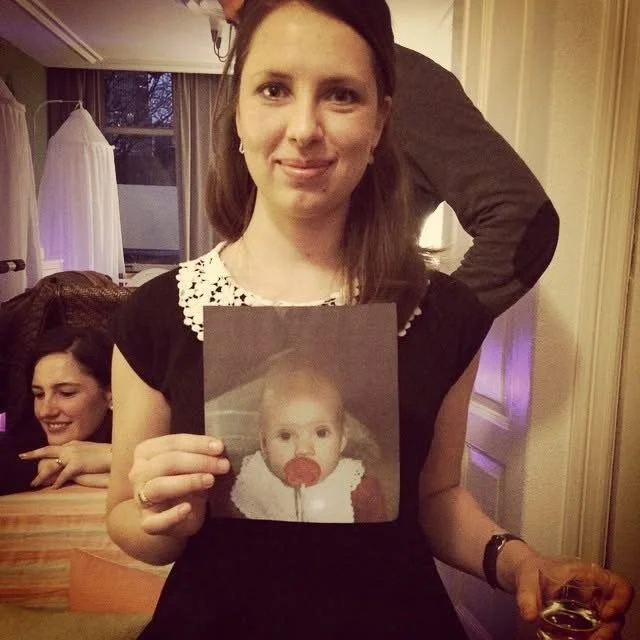My Story - Lizette
When I look back on my early years, I can see how my journey to becoming a chiropractor truly started at birth. My entrance into the world was anything but gentle—I was delivered with forceps, which left me with a slight skull deformity and a fractured clavicle. Because of this birth trauma, my mom was never able to breastfeed me.
As a baby, I was what some would call “floppy.” I didn’t crawl like most babies do; instead, I rolled from place to place and eventually walked. In chiropractic, we call this kind of beginning “The Perfect Storm”—a cascade of stressful events that interfere with the nervous system, leaving it overwhelmed and dysregulated.
By the time I reached school age, the effects were obvious. I was mildly dyslexic—I would reverse letters and mix things up on the page. I spent hours in occupational therapy to overcome these challenges. I also had big sensory issues: I hated wearing corduroy pants because I couldn’t stand how they felt, and certain foods like runny eggs or ripe bananas were out of the question. Looking back, it’s clear I had sensory processing difficulties.
Sports were another struggle. I was so uncoordinated that I simply couldn’t participate like other kids. Life seemed to level out for a while, but at age 10, everything changed again. I became what my family called “the sick kid.” Chronic colds, lingering flus, and finally a serious bout of double bronchopneumonia that landed me in the hospital. After endless tests, my mom—who was a nurse—decided to try something different.
She took me to a homeopath. He listened carefully and then said something that surprised us:
“Your back is out.” I will never forget this; it changed my life.
He sent us to a chiropractor. There were only two in the big city we lived in at the time, and finding one felt like a miracle.
That first visit changed everything. Slowly but surely, I began to heal. My immune system strengthened, and my energy returned.
That experience was so life-changing that I decided I wanted to do the same for others—especially for children who might be struggling just like I did. I know what it feels like when your body seems alien to you, when you don’t feel comfortable and confident in your own skin. I also know how much more connected I felt after each adjustment, and I believe that every child deserves this opportunity to thrive. When we help children we chage



